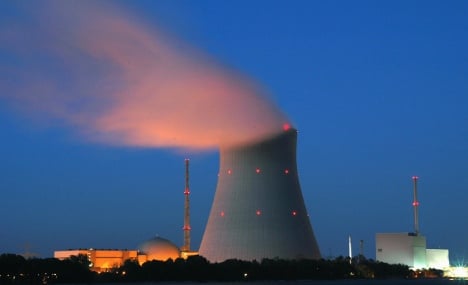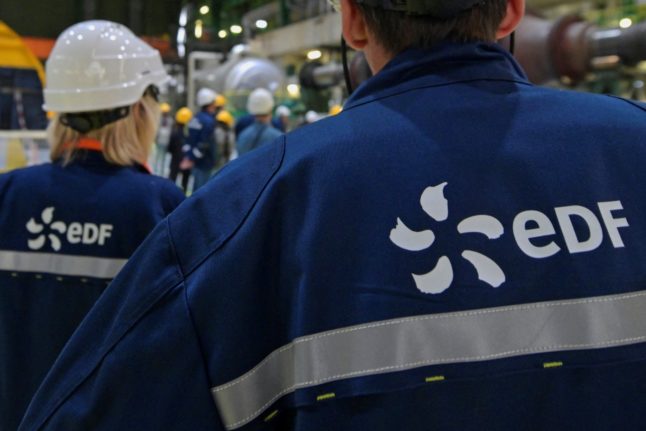This week Chancellor Angela Merkel’s centre-right coalition made the controversial call to extend the life of nuclear reactors by an average of 12 years, making some of the country’s 17 plants operational until the 2030s.
Critics have accused the coalition of bowing to pressure from the energy industry, but daily Süddeutsche Zeitung reported that a five-page agreement between the companies and the government absolved this claim, at least in part.
According to the document, if firm profits increase due to the nuclear extension, then so will their required state subsidy payments. Berlin plans to use the money to create a fund for renewable energy, the paper said.
The coalition had said that energy companies would have to pay a levy of €9 per megawatt hour, but the secret document would add a mechanism to increase or decrease the payments according to inflation rates and energy costs up to a certain limit. This component is meant to insure stable subsidy payments, which Economy Minister Rainer Brüderle has said will remain above 50 percent of the companies’ profits, the paper said.
Additionally, the agreement states that up till 2017 energy firms must make advance payments to the government fund totalling €1.4 billion, the paper said. If a future government coalition decided to cut the nuclear plant extension short, they would not have to reimburse the companies for these payments, the agreement says.
The document is said to be a kind of pre-contractual agreement with the nuclear power plant operators, and was hammered out on Sunday night – just after the government announced its plan to extend the reactors’ lifetimes, the paper said.
Why the agreement has been kept under wraps until now remains unclear, particularly in light of heavy criticism from the opposition and environmentalists.
But coalition sources rejected the idea that the government wanted to hide deal-making with the energy companies, the paper said.
“It was always clear that such a complex situation could not be handled out in the open, but instead must be fixed in writing,” a coalition source told the paper. “Everything else would be absurd.”
Meanwhile the opposition has called for the document to be published in full.
“We all have a right to know in what way and how strongly the four large energy companies will influence nuclear energy policy within the government and opposition,” interim parliamentary floor leader for the Social Democrats Joachim Poß wrote to Merkel.
The Local/ka



 Please whitelist us to continue reading.
Please whitelist us to continue reading.
Member comments